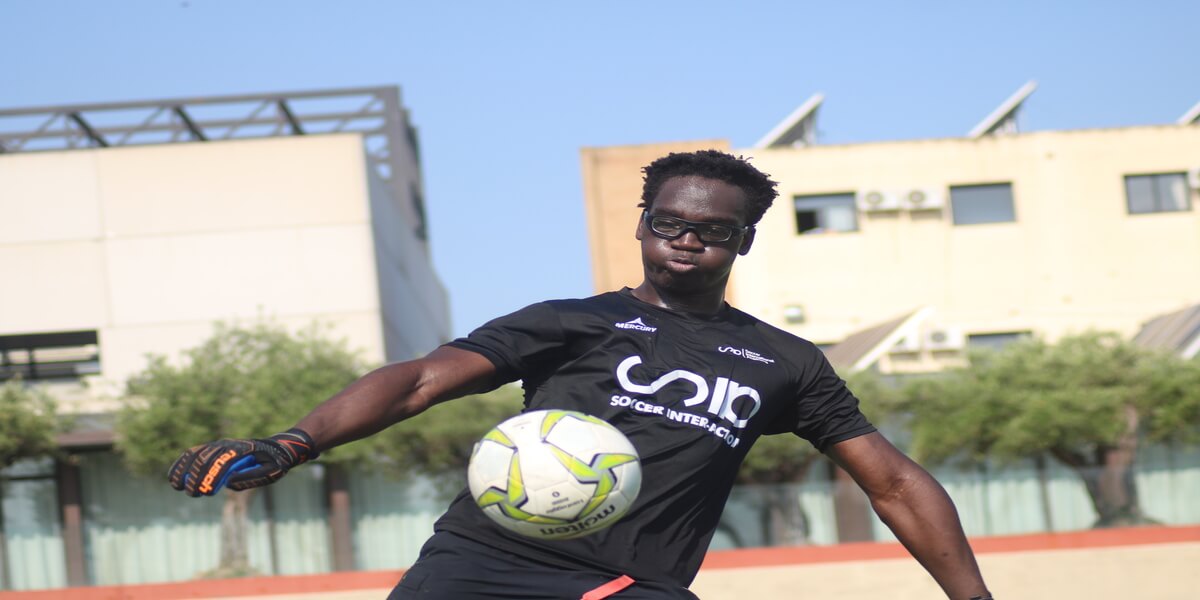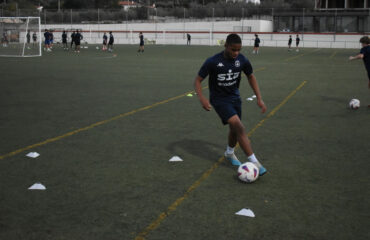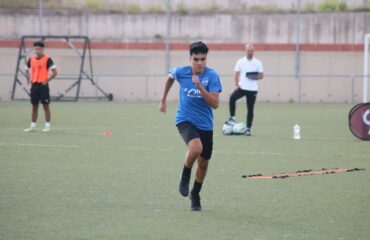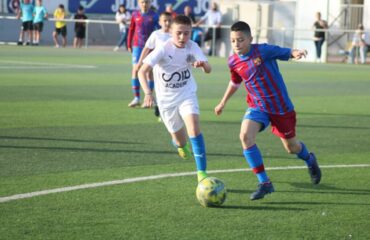Tactical application of attention in goalkeeping
Goalkeepers are those players who have to prevent opponent’s goals, either cooperatively or alone (as in the case of penalties, where the influence of teammates is low).
They also influence the game indirectly by helping their teammates to organise themselves to prevent future dangerous actions by the opposing team or by helping to create goal scoring situations for their own team.
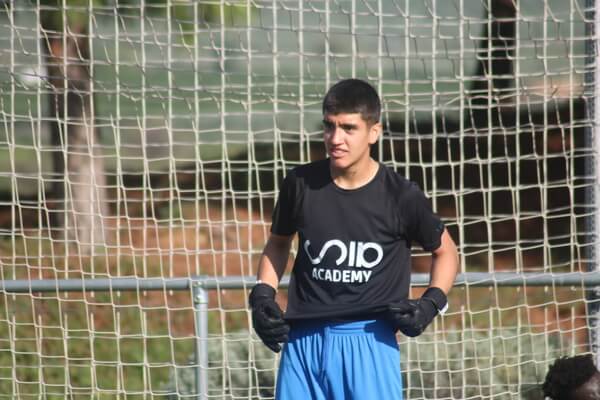
How do the rules of the game affect the performance of goalkeepers?
The performance of goalkeepers has been influenced by two important changes in the rules of the game. On an offensive level, the transfer rule has increased the importance of the goalkeeper’s role in the ball outfield, having to be the player who initiates the team’s play in many situations.
Defensively, the offside rule introduced in 1992 has meant that the goalkeeper has to cover and watch defenders, increasing the ratio of action, having to cover more ground and make more complex decisions.
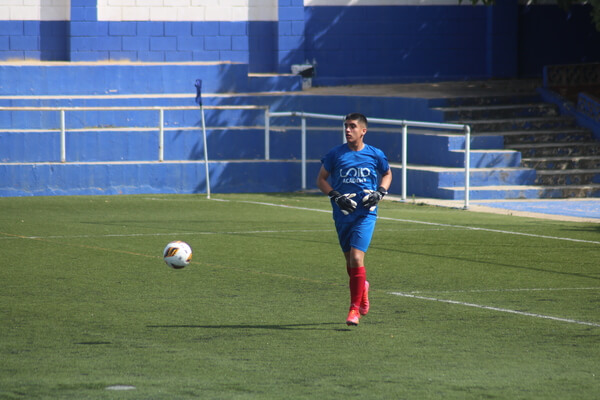
What is the psychological preparation of goalkeepers?
In order to understand the goalkeeper’s functions, it is important to include those behaviours that define sporting performance together with the states that influence it, taking into account cognitive, physiological, behavioural and emotional indicators.
The psychological needs of modern goalkeepers require a great control of attention and concentration to make the best possible decisions as it is a game with high cognitive demands. To this end, we are going to explain how we shape the attention of our goalkeepers
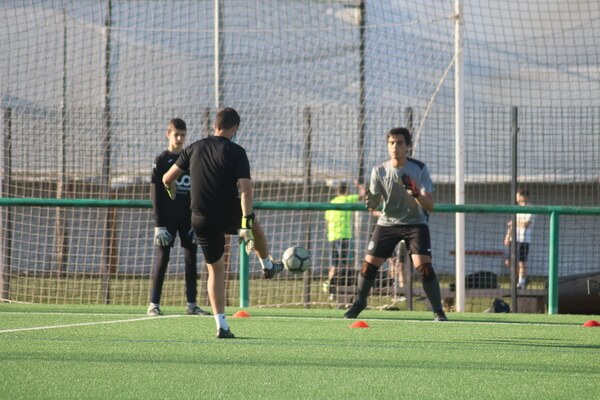
Sohlberg and Mateer’s model of attention
What styles of psychological attention in goalkeepers exist?
Attention is the ability to select a stimulus, within a set, that will be processed to a greater extent than the rest, inhibiting information that is irrelevant at that moment.
To better understand this concept we are going to explain the Sohlberg and Mateer model, based on observation in the clinical environment, having transference in the sport application, this model describes with clarity the phenomenological aspects of the attentional processes, being a hierarchical model where each attentional level requires the correct functioning of the previous one.
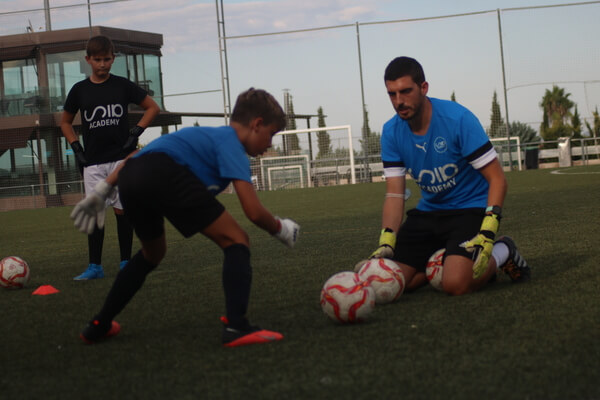
- – Arousal: The capacity to perceive stimuli or orders, the general activation of the organism.
- – Focal attention: Ability to focus attention on a stimulus, which can be either internal or external.
- – Sustained attention: The ability to maintain a response for a prolonged period of time, being vigilance if it is a detection task or concentration if it involves other cognitive tasks.
- – Selective attention: Selecting the most relevant stimulus from among different possibilities, both to select it and to inhibit others.
- – Alternating attention: Switching the focus of attention between tasks that require different cognitive skills.
- – Divided attention. Allows attention to be focused on two stimuli at the same time, allowing the distribution of attentional resources, which can be within the same task.
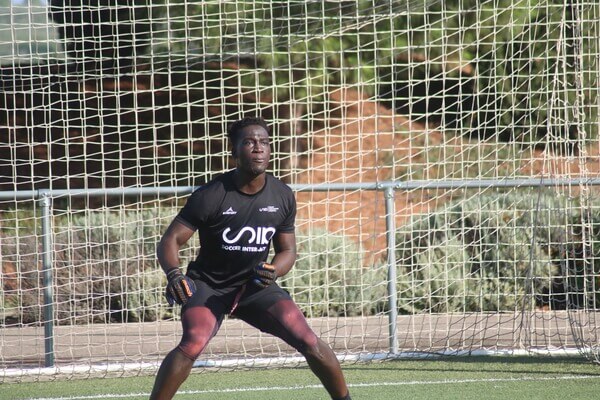
What are the match situations in which these styles of attention occur?
The attentional styles presented above, occur during matches with situations such as:
Arousal: if the goalkeeper has an adequate activation he is going to be able to be concentrated during the match, being able to fulfil the demands that the match requires of him, in case his activation is low he is going to react slower to the shots of the opponents.
– Focal attention: having adequate focal attention allows goalkeepers to perceive which stimuli are more relevant to anticipate a shot. If they do not have this ability developed, they will have difficulty, for example, in alerting their defence if there is an opponent alone.
– Sustained attention: Concentration helps to keep the team in order and to prevent offensive actions of the opposing team. If you don’t keep a watchful eye, you can be surprised by an opponent and create a goal-scoring opportunity.
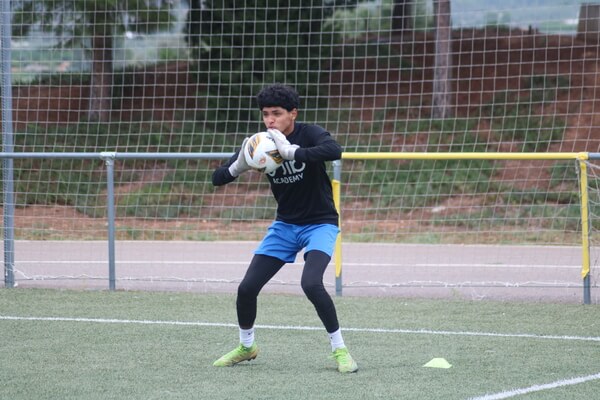
– Selective attention: This skill can, for example, help you to make a good ball exit, but if you don’t have it well developed, you can be distracted during matches, paying attention to your own internal stimuli.
– Alternating attention: this makes it easier for us to make transitions, for example, to take the ball out quickly after tackling a ball, otherwise we would have difficulty reacting when, for example, a stranger makes a pass.
– Divided attention: it allows us to follow a cross and anticipate possible goalkeepers or, on the contrary, to have difficulties in reacting to the uncertainty of a free kick when we do not know if he is going to shoot or cross the ball.
At the SIA Academy football academy, we try to train the goalkeepers who participate in our football school and professional football camps in these aspects, integrating the psychological aspect into the players’ training sessions.



